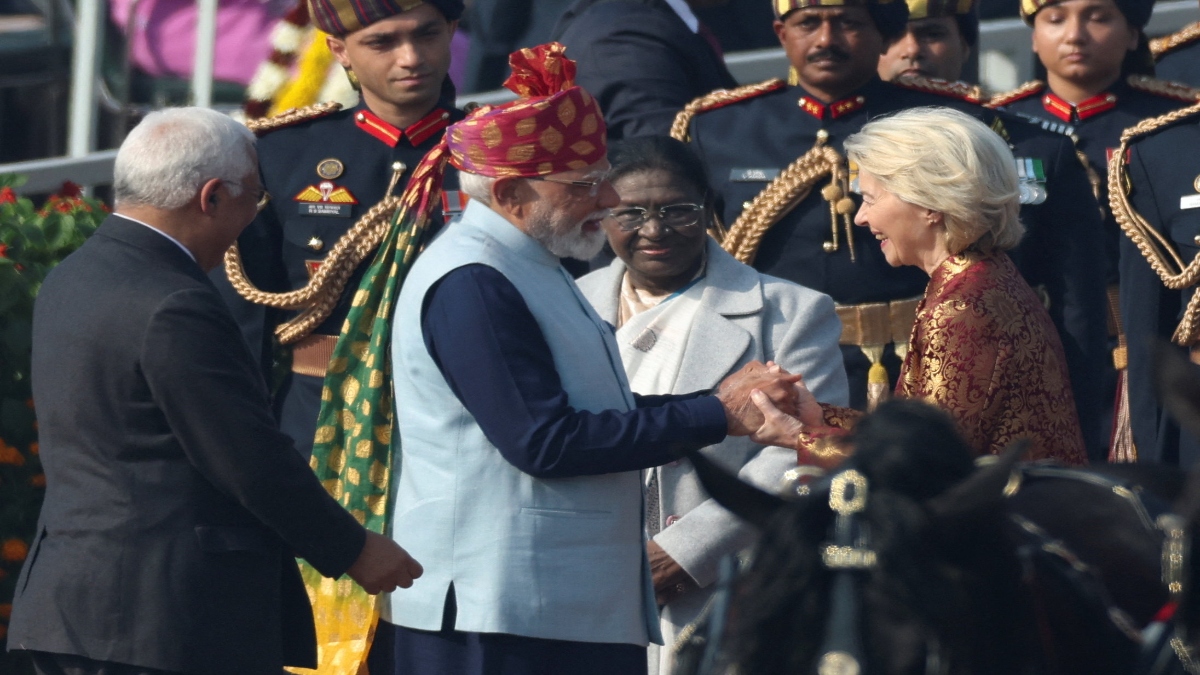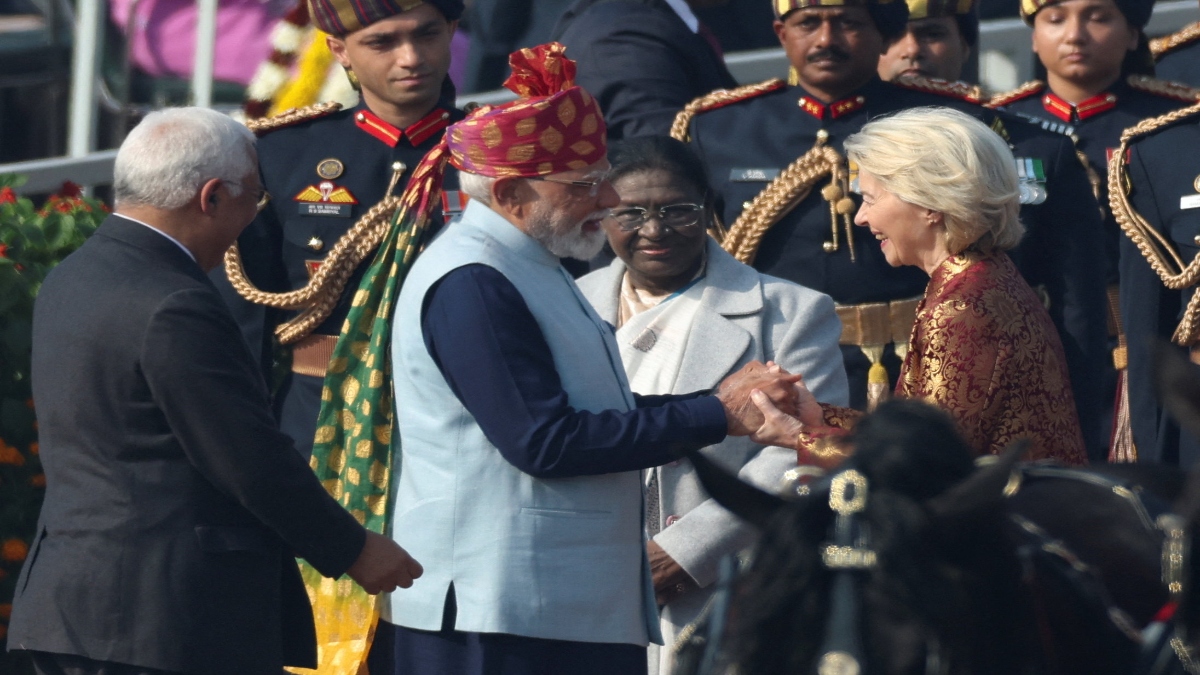Union finance minister Nirmala Sitharaman presented the Interim budget on Thursday ahead of the Lok Sabha elections later this year. It was the final Budget in the second term of Prime Minister Narendra Modi’s government.
The comprehensive Budget for the fiscal year 2024-25 will be unveiled in July after the formation of the new government following the general elections.
In a move aimed at empowering women in rural areas, the Finance Minister announced the expansion of the “Lakhpati Didi” scheme during her presentation of the Budget.
Here’s all we know about the scheme.
All about Lakhpati Didi scheme
The Lakhpati Didi scheme, which aims to encourage women to start micro-enterprises, was announced by PM Modi from the ramparts of Red Fort in his Independence Day address last year.
The scheme aims at training women in self-help groups (SHGs) so that they can earn a sustainable income of at least one lakh rupees per annum per household.
The initiative’s four main primary components are intended to help it achieve its goal: (a) financial inclusion of the rural poor; (b) social mobilisation and promotion and strengthening of self-managed and financially sustainable community institutions of the rural poor; (c) sustainable livelihoods; and (d) social inclusion, social development, and convergence, according to NDTV.
The Ministry of Rural Development has adopted a whole-of-government approach for maximum impact through convergence to transform the rural economy with the enabling of “Lakhpati Didis.”
Quick Reads
View AllRole of SHGs
As per the Economic Survey 2022-23, up until 2021, 65 per cent of Indians were living in rural areas. Roughly 47 per cent of the population makes their living from agriculture. More than 75 per cent of female workers in rural areas are employed in the agricultural industry. This indicates that women need to be upskilled and given work in agriculture-related fields like food processing.
This is where the SHGs come into play; they are essential in helping to transform the potential of rural women into concrete developmental outcomes, such as skill development, financial inclusion, and livelihood diversification.
During the COVID-19 pandemic, the SHGs emerged as catalysts of change, transforming the rural economy by empowering women with financial independence.
In her Budget speech, FM Sitharaman said, “83 lakh Self Help Groups with nine crore women are transforming the rural socioeconomic landscape with empowerment and self-reliance. Their success has assisted nearly one crore women in becoming lakhpati didis already.”
The expansion of the scheme
FM Nirmala Sitharaman said that the target for the “Lakhpati Didi” scheme, which was initially set at two crore women, has been enhanced to three crore women.
In her 2023 Budget speech, the Finance Minister said, “Today, 10 crore Rural Women are part of the Self-Help Groups. When you go to a village, you will find ‘bank-wali didi’, ‘Anganwadi didi’, and ‘dawai-wali (medicine) didi’. It is my dream to make two crore lakhpati didis in the villages.”
The Lakhpati Didi scheme’s success has been credited to the monthly camps that have been set up in the community, where qualified women—especially those with lower incomes—are given loans, as per CNBC-TV18.
Other measures to propel ‘nari shakti’
In her final Budget address prior to the general elections, Sitharaman lauded Indian women’s participation in STEM fields and the workforce, while also summarising the past initiatives for women implemented by the BJP government.
She said, “Female enrolment in higher education has gone up by 28 per cent in ten years. In STEM courses, girls and women constitute 43 per cent of enrolment - one of the highest in the world. All these measures are reflected in the increasing participation of women in workforce.”
“Making ‘Triple Talaq’ illegal, reservation of one-third seats for women in the Lok Sabha and State legislative assemblies, and giving over 70 per cent houses under PM Awas Yojana in rural areas to women as sole or joint owners have enhanced their dignity,” the Minister added.
FM Sitharaman also announced that the government would encourage cervical cancer vaccinations for girls between the ages of nine and 14. Globally, cervical cancer is the fourth most frequent cancer in women, after breast, lung and colorectal cancer.
Meeting the needs and fulfilling the aspirations of four “major castes” – the poor, women, the youth and farmers – of the country are the government’s highest priority, Finance Minister Nirmala Sitharaman asserted on Thursday.
“The country progresses, when they progress. All four require and receive the government’s support in their quest for better their lives. Their empowerment and wellbeing will drive the country forward,” the finance minister said in her pre-election budget.
With inputs from agencies


)

)
)
)
)
)
)
)
)



